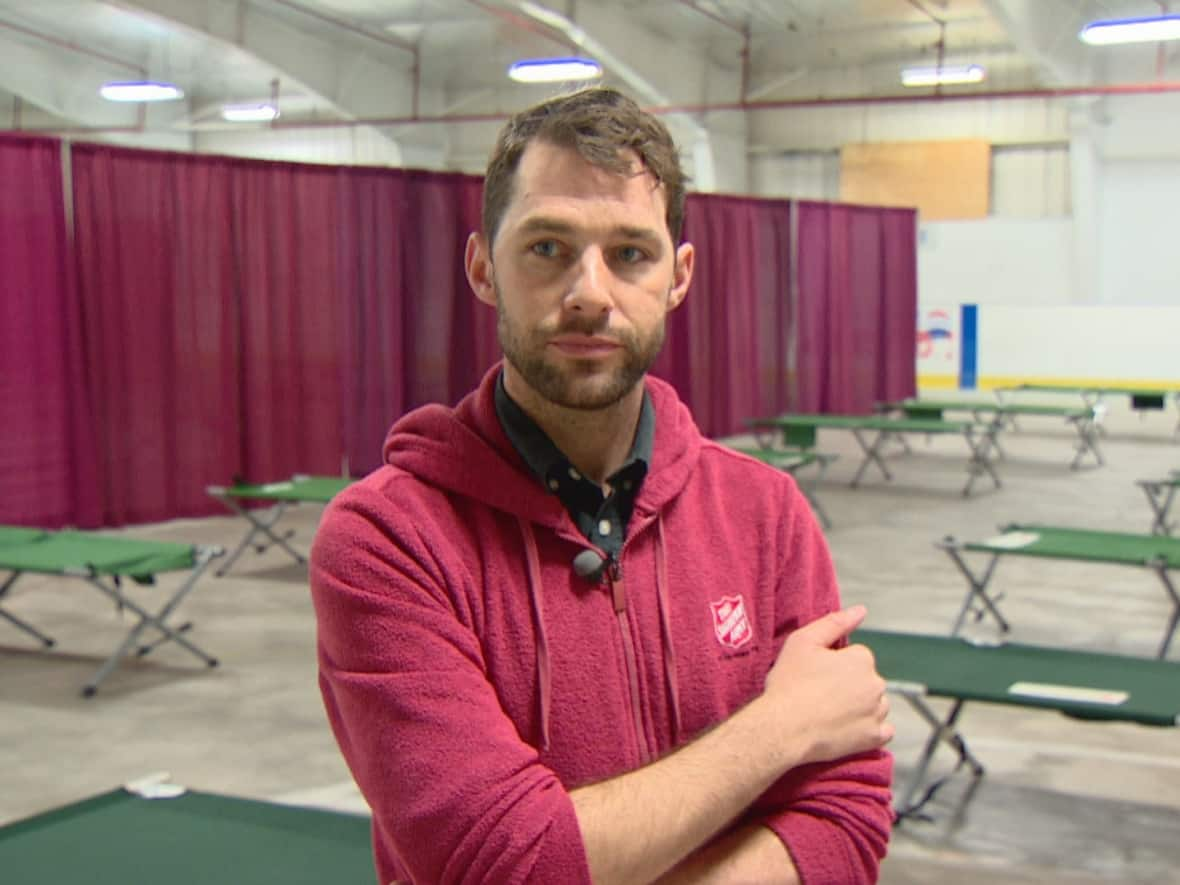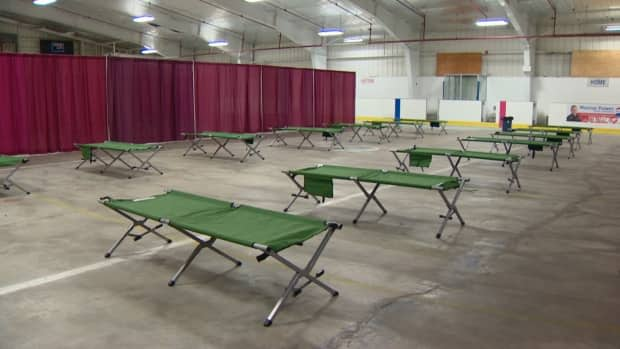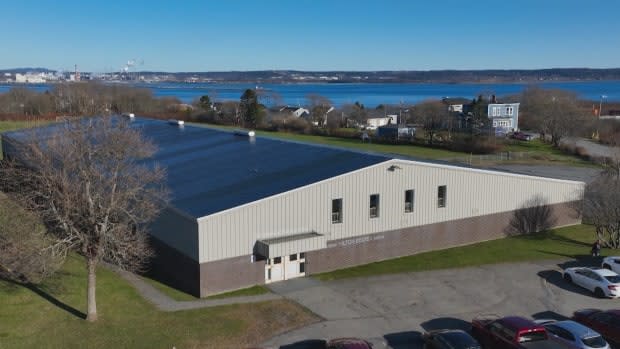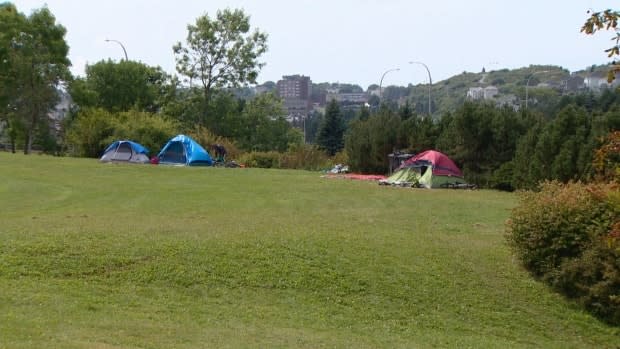Saint John emergency shelter to open 4 days late but with 5 more beds

The opening of an emergency shelter in the former Hilton Belyea Arena has been delayed because new heating units haven't yet arrived.
The shelter was scheduled to open on Dec. 1, said Nick Shepard, an outreach co-ordinator with the Salvation Army. That date has been pushed to Dec. 5.
Shepard said it's challenging to see the shelter opening delayed, "but we want to make sure that we're opening up a safe facility, not just for the individuals who are going to be staying here, but also for our staff as well."
It will be opening with five more beds than was announced at Monday's city council meeting. It will now have 40, with five of those reserved for people who are homeless who end up discharged late at night from the emergency department with nowhere to go.

Shepard said after looking at the number of homeless people in the city, they decided to add five more beds. Having 40 more spaces is significant for Saint John, Shepard said.
There are 30 beds at Outflow men's shelter, and 10 at Coverdale Centre for Women, he said, "so at 40 … we're effectively doubling our shelter capacity, but it's not enough.
"WATCH | Take a look inside Saint John's newest emergency shelter:
The official tally of homeless people in the city is 133, according to the Human Development Council's October data. But Shepard said there are dozens of people not included in that count.
The city will contribute $20,000 for the new shelter's electric bills, while the province will provide the primary funding of $550,000.
The shelter will only be open this winter, according to city council documents. "The model is not currently a sustainable one, and a new plan will need to be developed for the 2023/2024 winter season," said the common council report from Monday's meeting.
The shelter will be open to people of all genders over the age of 18. Saint John Transit will transport people from the Salvation Army's Waterloo Street location to the west side shelter in the evening and back to Waterloo Street in the morning, Shepard said.
The shelter will provide meals in the evening and breakfast will be available at Waterloo Street in the morning.

Inside, the shelter is split into three sleeping areas, each section separated by a curtain. One will be for men, one for women and another will be for couples. Shepard said this will make the shelter more accessible. He said couples who come to shelters often don't want to be split into separate areas.
"So they'll just stay outside. And we want to be able to offer couples an opportunity to be able to stay together and not have to choose."
At the shelter, people will be able to connect with staff who can help them get on the path to permanent housing, Shepard said.
'Perfect storm' leading to increased homelessness this winter
Shepard has worked in homelessness support services for nine years. But he said this winter is especially concerning.
"The tent population has absolutely exploded just in the last 12 months," he said.
"I mean, at one time, you know, you could probably count the number of visible tents in Saint John and the surrounding area on one hand, or maybe two hands. And now it seems they're everywhere."
Shepard said the city finds itself in a "perfect storm" of factors that contribute to homelessness.

There is inflation, renovictions, rising rent and a looming end to the provincial rent cap, he said.
Plus, "really a lack of investment from the province with regards to low-income housing and subsidized housing."
Shepard said he's seeing individuals become homeless who likely wouldn't have five years ago.
"We're talking about low-income seniors with no history of mental illness or, you know, a criminal background, or substance use," he said.
"I mean, these are just, you know, people who worked blue collar jobs their whole lives, and now they cannot afford $1,600 a month for a one bedroom apartment."

 Yahoo Movies
Yahoo Movies 
